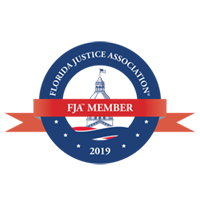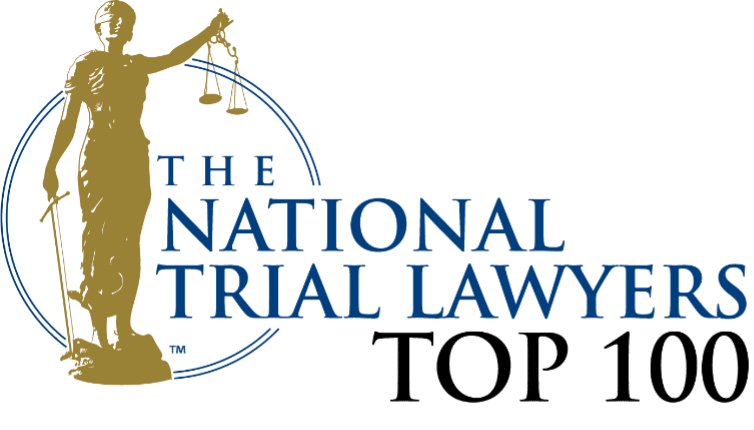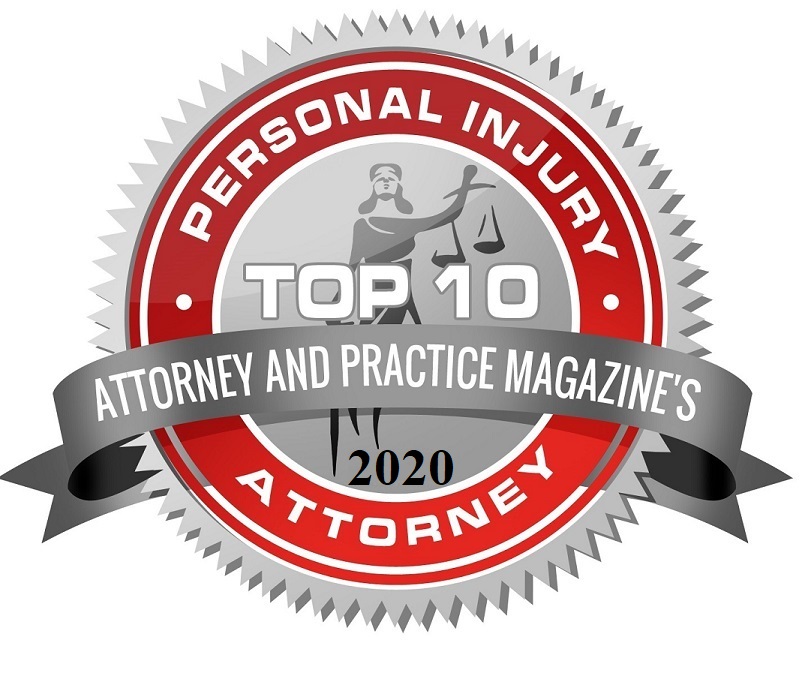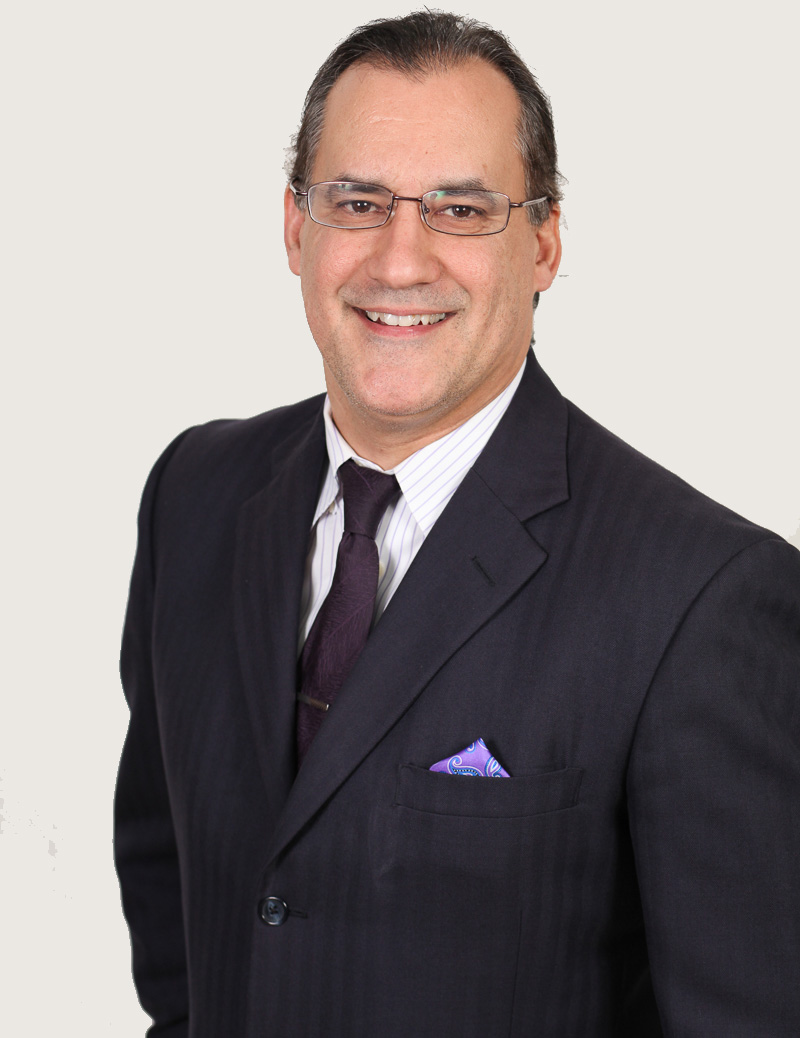When you’re involved in a motorcycle accident in Florida, the legal process can be overwhelming and complex. From the moment the accident happens to the trial, understanding each step of the journey is crucial for protecting your rights and ensuring the best possible outcome for your case. Motorcycle accidents often result in serious injuries, which can make dealing with legal matters even more challenging. This guide will walk you through what to expect from filing your case all the way to the courtroom, helping you make informed decisions every step of the way.






Filing Your Motorcycle Case
The legal process begins long before you step into a courtroom. After a motorcycle accident, one of the first things you need to do is file a claim with your insurance company. Florida is a no-fault state, which means that your insurance company is required to cover a portion of your medical expenses and lost wages, regardless of who was at fault for the accident. However, motorcycle riders are an exception to this rule and are not required to carry Personal Injury Protection (PIP) coverage. This makes it even more critical to understand your legal options after an accident, as your path to compensation may involve pursuing a personal injury lawsuit.
The next important step is gathering evidence. Evidence can include photographs of the accident scene, medical records, witness statements, and the police report. This evidence will be vital in proving the extent of your injuries and the liability of the other party. It is essential to collect as much documentation as possible early on, as memories can fade and physical evidence can disappear over time.
Once you have gathered your evidence, you will need to consult with a lawyer who is familiar with Florida motorcycle laws. Your lawyer will help you assess the strength of your case and determine whether filing a personal injury lawsuit is the best option for pursuing compensation. They will also guide you through the necessary paperwork and procedures, ensuring that your case is filed within Florida’s statute of limitations, which is generally four years from the date of the accident.
The Discovery Phase
After your lawsuit is filed, your case will enter the discovery phase. This is a critical period where both parties exchange information and gather additional evidence. During discovery, your lawyer will send interrogatories—written questions that the other party must answer under oath—and requests for documents related to the accident. The defense will likely do the same, asking for your medical records, employment history, and other documents that could be relevant to the case.
Depositions are another important aspect of discovery. A deposition involves giving sworn testimony outside of the courtroom, with a court reporter present to record everything that is said. Both you and the other party may be deposed, as well as any witnesses or specialists who may provide testimony at trial. Depositions allow your lawyer to understand how the other side intends to present their case and to gather valuable information for building your own case.
It is during this phase that settlement negotiations may begin. Many motorcycle accident cases are settled out of court, with both parties agreeing on a fair amount of compensation without going to trial. Your lawyer will advise you on whether the settlement offer is reasonable based on the strength of your case and the damages you are entitled to receive. If a fair settlement cannot be reached, the case will proceed to trial.
Preparing for Trial
If your case goes to trial, there are several important steps to be aware of. The first is jury selection, a process in which both your lawyer and the defense will have the opportunity to question potential jurors and select a panel that they believe will be fair and impartial. Jury selection can be a strategic process, as each side will want jurors who are sympathetic to their arguments and perspectives.
After the jury is selected, both sides will present their opening statements. These statements provide an overview of the case, highlighting the key points and evidence that each party intends to present. The plaintiff, or the person bringing the lawsuit, will present their case first. This includes calling witnesses to testify, presenting physical evidence, and providing testimony to support your claims.
Once the plaintiff has presented their case, the defense will have the opportunity to do the same. They may call their own witnesses, present evidence that challenges your version of events, and attempt to prove that they are not liable for the accident or that your injuries are not as severe as claimed.
After both sides have presented their cases, closing arguments will be made. Closing arguments summarize the evidence and testimony that has been presented and give each side one final opportunity to convince the jury to rule in their favor. Once the closing arguments are complete, the jury will deliberate and reach a verdict.
Damages
One of the most important aspects of your motorcycle accident case is understanding the types of damages you may be entitled to recover. In Florida, damages are generally divided into two categories: economic and non-economic. Economic damages are tangible, measurable losses such as medical bills, lost wages, and property damage. Non-economic damages are more subjective and include compensation for pain and suffering, emotional distress, and loss of enjoyment of life.
If the other party was grossly negligent or intentionally caused the accident, you may also be entitled to punitive damages. These are intended to punish the defendant for particularly reckless behavior and to deter others from engaging in similar conduct.
It is important to keep in mind that Florida operates under a comparative negligence rule. This means that if you are found to be partially at fault for the accident, your compensation may be reduced by the percentage of your fault. For example, if you were found to be 20 percent at fault for the accident, your compensation would be reduced by 20 percent. Your lawyer will help you understand how this rule applies to your case and what to expect in terms of potential recovery.
Choosing The Right Personal Injury Attorney Personal Injury Settlement TimelineRelated Videos
Appeals and Post-Trial Motions
If the jury rules in your favor, the defendant may file a post-trial motion asking the judge to overturn the verdict or reduce the amount of damages awarded. These motions are relatively uncommon but can delay the resolution of your case. If the motion is denied, the defendant may file an appeal, which can further extend the legal process.
On the other hand, if the jury rules against you, your lawyer may recommend filing an appeal if there were any legal errors made during the trial. Appeals are not a second trial, but rather a review of the legal process to ensure that everything was conducted fairly and in accordance with the law. The appellate court may choose to uphold the original verdict, overturn it, or send the case back to the trial court for further proceedings.
The appellate process can be lengthy and complicated, but it may be worth pursuing if there were significant issues during the trial that impacted the outcome of your case. Your lawyer will discuss the likelihood of success on appeal and help you decide whether it is a viable option for your case.
The Role of a Lawyer in Your Motorcycle Accident Case
Navigating the legal process after a motorcycle accident is not something you should do alone. Having an experienced legal professional by your side can make a significant difference in the outcome of your case. From filing your initial claim to representing you in court, your lawyer will be there to advocate for your rights and ensure that you receive the compensation you deserve.
Case Results
In addition to providing legal guidance, your lawyer will handle the day-to-day details of your case, allowing you to focus on your recovery. They will negotiate with insurance companies, gather evidence, and build a strong case on your behalf. If your case goes to trial, they will present your case to the jury, cross-examine witnesses, and fight for a favorable verdict.
The legal process can be complicated and overwhelming, but with the right legal team in your corner, you can navigate it with confidence and peace of mind.
For those who have been involved in a motorcycle accident, working with Serrano Law will provide the support and guidance needed to successfully navigate the complex legal system. Call our firm today to schedule a consultation and learn how we can assist you in your case.



